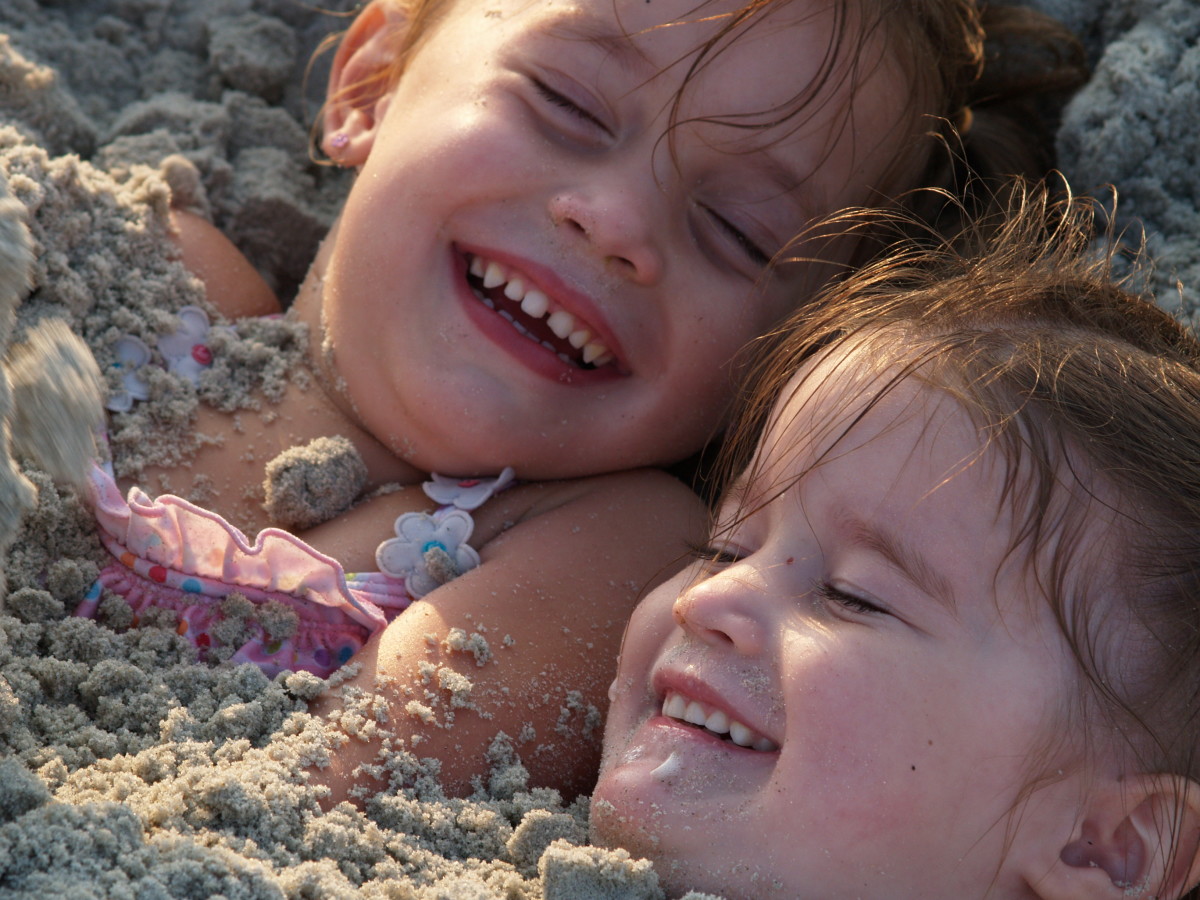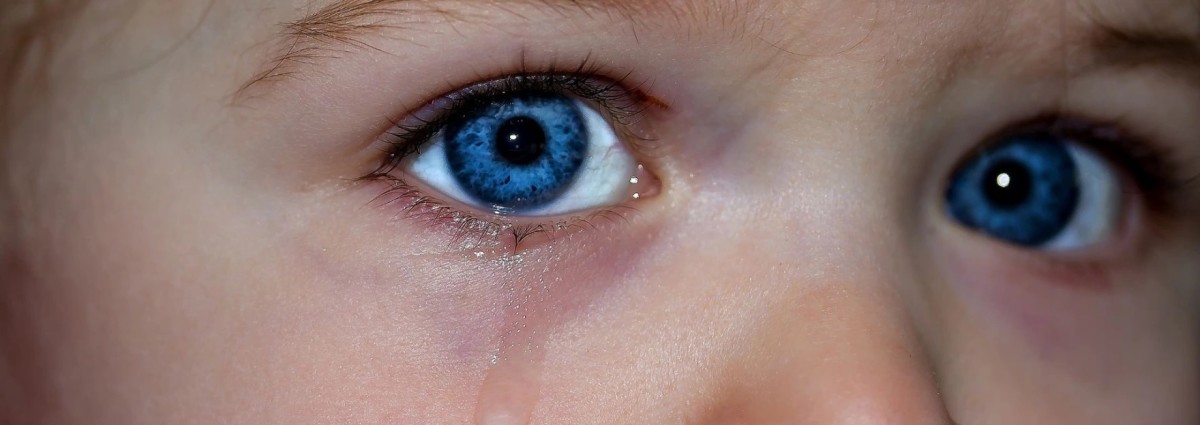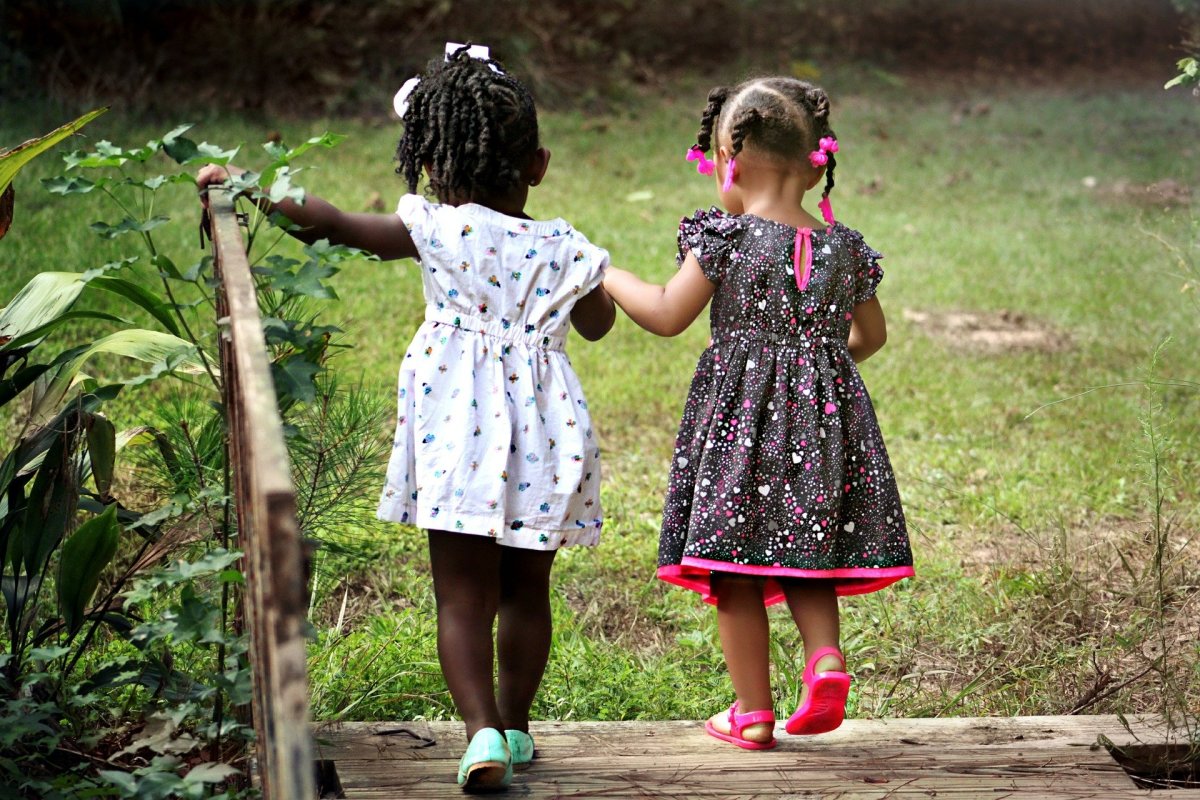The Road to Recovery through Living Creatively

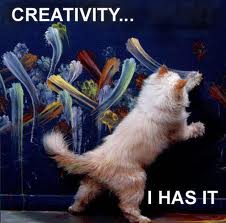

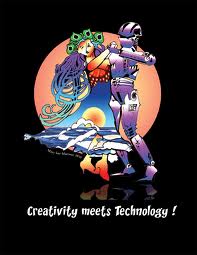

The Road to Recovery through Creative Living
Living in dysfunctional family lets you play in a rigid and controlling system. Rigid and patterned responses are necessary so as to ensure survival. Role playing is an adaptive role that a child learns as a result of constant challenge to adjust conflicting parental messages. Let’s see if these family roles are familiar:
a. Hero or Responsible Child – this child exhibits a high level of responsibility, leadership, and maturity. But this role robs children of the ability to experience childhood.
b. Scapegoat – this child will get in trouble with drugs and/or alcohol themselves early pregnancy and other misbehaving attitudes. They are filled with feelings of rage and low self – esteem.
c. Lost Child or Adjuster – the passive, flexible child who avoids responsibilities. This child causes no problems and he or she is loved for that. This child grows into adulthood without a sense of direction, and no sense of personal power or choice.
d. Mascot or Clown – this child draws away the imperfections of the family by keeping the family entertained.
e. Social Worker and Placater – this child tries to rescue everyone while ignoring their own needs.
What is the impact of this to a Person?
All these roles require children to curb their feelings and physical behavior. These children learn to anticipate adult reactions which in turn limit their childishness. Society only sees competent and capable child adults and ignores the costs being paid for this maturity. One of the most damaging impact on this to a person is the struggle to hide and deny their own feelings of vulnerability and to doubt their own true selves. Thus, shedding this is not an easy task.
What then is the Role of Creativity?
Childhood is an essential part to which everyone is entitled. Maria Montessori believed that play is work for the children. And creativity is an adult play. This provides enjoyment while reducing internal stress. In this way one can recreate reality. Learning to be playful again requires reacquainting ourselves with our Natural Child.
Can you find any of them to yourself?
1. Likes to experiment
2. Is fascinated by the environment
3. Has free use of his or her imagination
4. Imitates others, is not afraid to try new behaviors
5. Is free to be silly or wrong
What is the first thing to do?
Self – Examination, acknowledgement of feelings, and voluntary suffering. In doing this, you need to accept responsibility for yourself and your own feelings. Acknowledge that any misbehavior beyond yourself is not your fault. Confronting reality means confronting your defense mechanisms. Finally, strive for flexibility. Buried emotions well apparently come to the surface. Be ready for it. Awareness of your own needs and desires becomes clear after years of suppression.
Rebuilding Intimacy
The first thing that’s been damaged in role playing is intimacy. Thus it is very important to rebuild it in order to have a healthy relationship with others.
1. Unquestioned trust
2. Open, direct, and honest communication
3. Belongingness
4. Warmth
5. Gentleness
6. Love
7. Listening
9. No obligation
10. No guilt
11. Healthy, mutual conflict resolution
12. Emotional expression is encouraged
13. Self – acceptance and acceptance to others
14. Privacy
15. Respect for Independence
16. Safety
17. Honesty
What are the Roadblocks to Recovery?
a. Intellectual Understanding
b. Anger
c. Denial/ Body Awareness
d. Breathing
Learning from the patterns of our lives is movement in the direction of a life with increased potential. Please bear in mind the following:
1. Recovery is a choice.
2. Recovery is the movement toward the optimum.
3. Recovery is a lifestyle you design to reach your highest potential.
4. Recovery is a process – there is no end point.
5. Recovery requires discipline.
6. Recovery brings an integration of the mind, body, and spirit.
7. Recovery is a loving acceptance of yourself.
8. Recovery is freedom.
These are the steps for recovery:
A. Self – Responsibility – listen to your body, discover and honor your needs, make choices without feeling guilty, create the life you want, be assertive, take care of your health, express emotions clearly and honestly and do work that’s meaningful to you.
B. Love – trust yourself, learn from dis – ease, respond to problems, affirm yourself, love your good and bad side and realize your connection to things.
C. Manage your stress – relax, look for areas in your body that has tension, let go of “what ifs…”
The following exercises are examples of stress management:
a. Yoga – this concept enables the mind and body belong together.
b. Meditation – this method is best for quieting the mind.
c. Helping a robot to play – enjoy the exercise rather than be burned out by it.
D. Journal Keeping – writing your feeling in your journal let those pent up emotions out.
E. Maintaining a Dream Journal – dreams are sleep patterns on our inner world. It also gives us clues on how we interact with the outside world. Having a clear understanding of dreams can enrich our lives.

